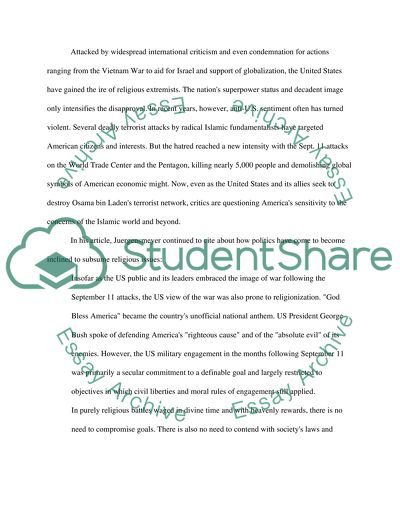Cite this document
(“Juergensmeyers Holy Orders: Opposition to Modern States: A Critique Essay”, n.d.)
Juergensmeyers Holy Orders: Opposition to Modern States: A Critique Essay. Retrieved from https://studentshare.org/religion-and-theology/1518900-juergensmeyers-holy-orders-opposition-to-modern-states-a-critique
Juergensmeyers Holy Orders: Opposition to Modern States: A Critique Essay. Retrieved from https://studentshare.org/religion-and-theology/1518900-juergensmeyers-holy-orders-opposition-to-modern-states-a-critique
(Juergensmeyers Holy Orders: Opposition to Modern States: A Critique Essay)
Juergensmeyers Holy Orders: Opposition to Modern States: A Critique Essay. https://studentshare.org/religion-and-theology/1518900-juergensmeyers-holy-orders-opposition-to-modern-states-a-critique.
Juergensmeyers Holy Orders: Opposition to Modern States: A Critique Essay. https://studentshare.org/religion-and-theology/1518900-juergensmeyers-holy-orders-opposition-to-modern-states-a-critique.
“Juergensmeyers Holy Orders: Opposition to Modern States: A Critique Essay”, n.d. https://studentshare.org/religion-and-theology/1518900-juergensmeyers-holy-orders-opposition-to-modern-states-a-critique.


